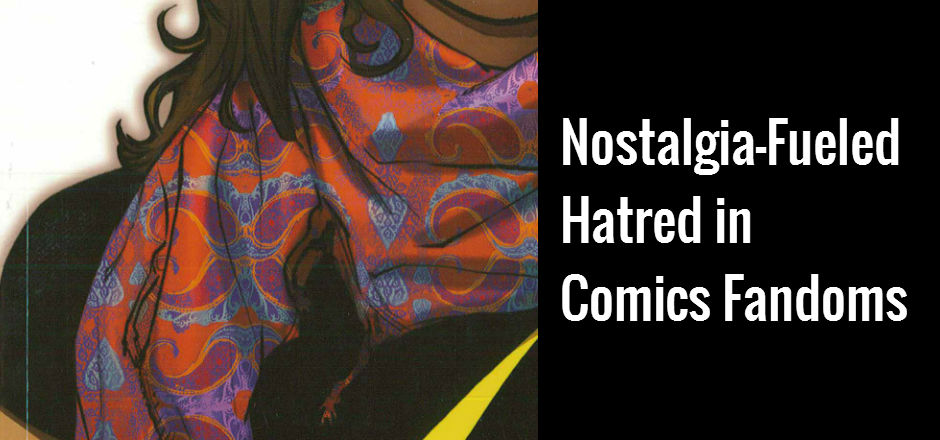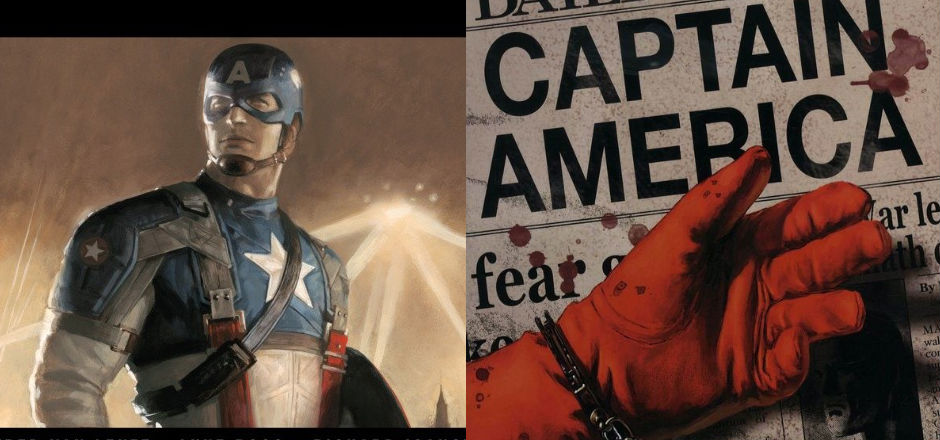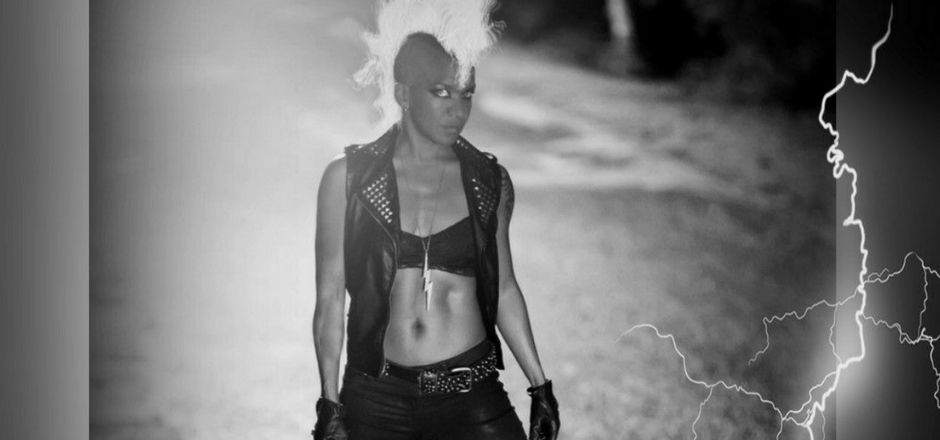Nostalgia has become the favorite pastime of the internet and fondly remembering old school things is not an activity exclusive to those who actually experienced them. Everyone wants a piece of it, to engage in a dialogue that immortalizes in untouchable perfection the way things used to be.
Labeling something as “old school” and looking through rose-colored lenses of nostalgia attaches a sense of insurmountable supremacy to these things and makes people reluctant to see them altered in any way or form. While I do agree that there are some things better left untouched, others can stand to change and there is no better reason for evolution and development than for the sake of social progress, representation and diversity.
Unfortunately, judging by the amount of vitriolic hate thrown every time such a change is effected, especially in the geek world, that is not a particularly popular opinion.
For the last couple of years, comic book companies have made a commendable effort to diversify its representation. Two decades ago, any team of heroes not entirely white and mostly male would’ve been unheard of. Minorities were not entirely forgotten, but like women, racial and ethnic diversity was thrown to the background, usually piled up into a single token character of color that was simply thrown in there for the enjoyment of the fans, whether it was for fan service (particularly if it was a woman) or comic relief.
Marvel in particular has attempted to revolutionize the way it delivers characters to the masses, and that hasn’t always been received in the best of terms. In the last couple of years, we’ve gotten a biracial, dark-skinned Spider-man, a Muslim Ms. Marvel, a black Captain America and a female Thor. More recently, we got a black Human Torch in a Fantastic Four film, and sexual diversification in the shape from Iceman from X-Men and, from DC, an unprecedented gay Batman.
Being so marginalized and diverse itself, one would think the geek community would readily welcome these changes. For the last couple of years, geekdom has expanded, grown and developed into a patchwork quilt of diversity. What was once considered an exclusive white boys club is now a passion shared by millions upon millions of fans worldwide, regardless of sex, gender, sexual preference, racial or ethnic background.
Why, then, in spite of this amalgamation of colors and lifestyles, is the community in general so adverse to changes to their beloved stories and heroes?
Despite the film’s bad reception by critics and fans alike, the biggest and most debated issue with the new Fantastic Four film is still that Johnny Storm and his father are black.
Regardless of how amazing sells were for the comic, the new Thor series featuring a female Goddess of Thunder was cancelled only 8 issues in, supposedly because of Secret Wars, and up until the end, the letters printed at the end of every issue still had fans berating the authors for making the wielder of Mjolnir a woman.
Characters like Miles Morales and Kamala Khan, perhaps the best-received recent changes in comic book heroes, are still flamed and constantly criticized by people who refuse to embrace any non-white, non-Peter Parker Spider-man or even look at a comic that humanizes and normalizes in any way a Muslim family and their culture.
He is not the real Spider-man. She is not really Thor. He is definitely not Captain America.
Comment sections everywhere are filled to the brim with assertions like that, people claiming that they are simply not their heroes and these are not their stories, no matter which author, logo or creator is spelled on the cover making their stories and these characters canon within their own fictional worlds.
It would be very easy to blame racism, xenophobia and misogyny. Of course there’s a lamentably large section of the geek fandom that’s undeniably racist and sexist and simply hateful.
But I think it goes beyond that, especially because a startling amount of this hatred also comes from female and minority fans. While some of their feelings might stem from internalized hatred, it is a very natural human emotion to simply not want things to change.
Change might be the one constant in life, but that doesn’t mean that it’s within human nature to be receptive to it. People get used to certain things and they inevitably link emotions and memories to the state of a particular object or representation. Once we’re enamored with something, once it elicits a strong emotional response from someone, it’s very difficult to accept that someone might have a legitimate reason to modify in some way what was already special and perfect to you.
While that might be understandable, the amount of hatred these attempts at diversification generate is appalling in intensity, extent and expression. The way in which they advocate for comics to be like they used to be, for a return to the “old school” ways, perfectly showcases the way nostalgia works on people, the way it irons out the flaws in every work, story or character and preserves it in pristine perfection within a person’s mind. People don’t want others to interfere with that vision, to mess up and bring changes to the image they have already established and nurtured within their own lives.
Not everyone has such an honest, visceral reaction to these changes, and to attribute it all to legitimate nostalgia would be irresponsible. Some people just have an aversion to change, period, regardless of the shape and form it comes in. And some others simply want to board the nostalgia train, because missing what used to be, dreamily reminiscing about what’s “old school” and romanticizing the past has become an absurd staple of what makes one cool and cultured and intellectual.
Diversification in comics is, in all likelihood, one of the very best moves within the geek industry in decades. It not only expands the possibilities for stories and characters and deepens the ways in which they can be explored, it also humanizes the experiences of these characters and presents human life in a more honest, realistic, emphatic and relatable way.
Nostalgia-fueled hatred is now a certainty within the geek community, regardless of what it is you do or the noble intention behind it. Old school will always be better to most, but that’s no reason to halt all progress and to evade criticism by allowing our stories to remain static and monochromatic. It is high time diversity colored the homogeneous world of comics, and no amount of nostalgia should stop that.
—
Lorraine Acevedo Franqui writes for Girls in Capes from Puerto Rico and holds degrees in English Literature and Psychology. Her main interests are young adult lit, anything related to The Legend of Zelda and Kingdom Hearts, assorted shounen mangas and cats.


![[GUEST] Fashion in CATWOMAN and THE WICKED + THE DIVINE](https://girlsincapes.com/wp-content/uploads/2015/09/guest-comics-fashion.jpg)



